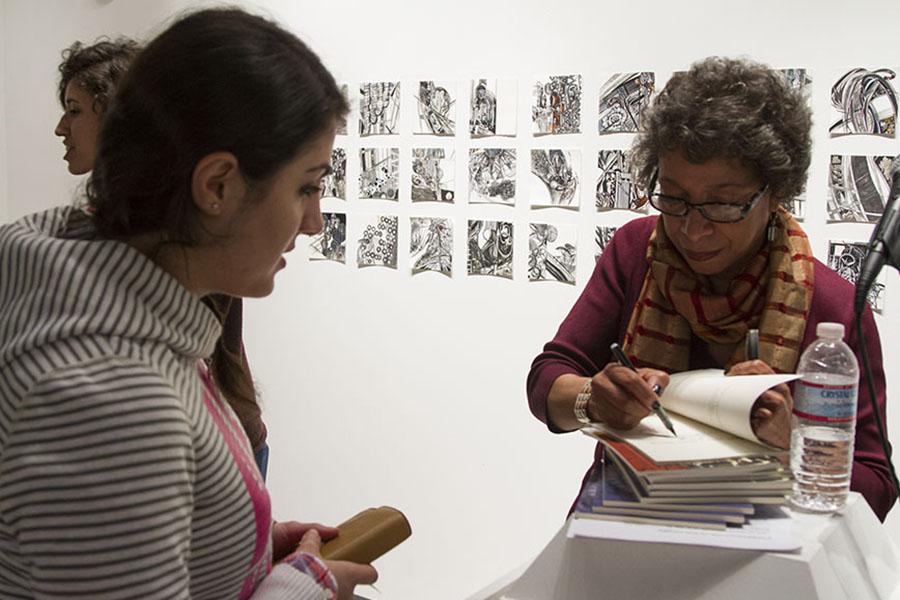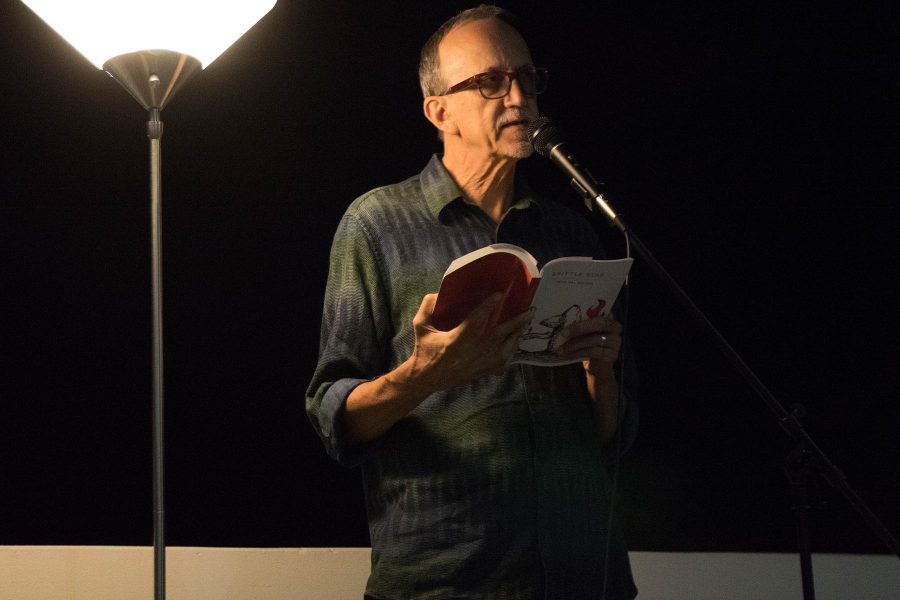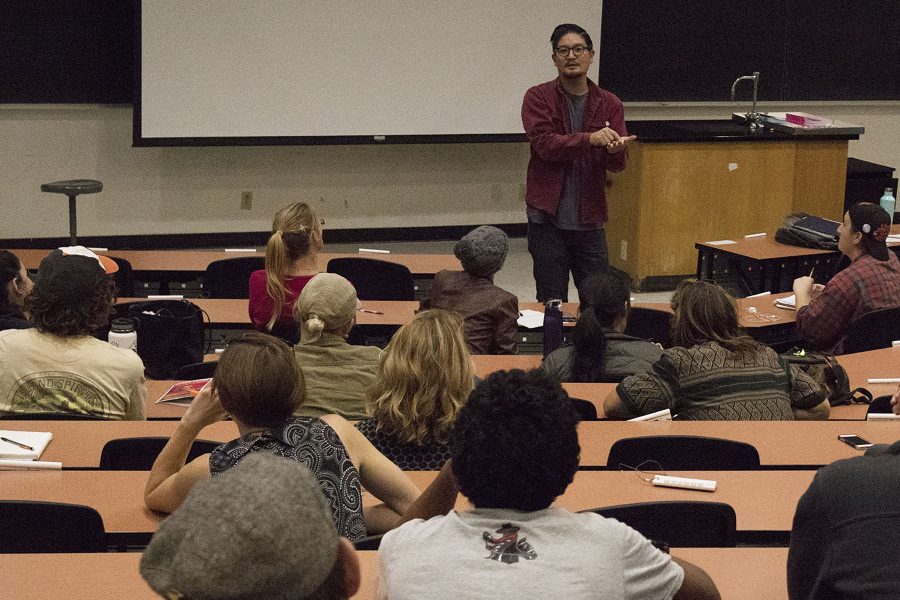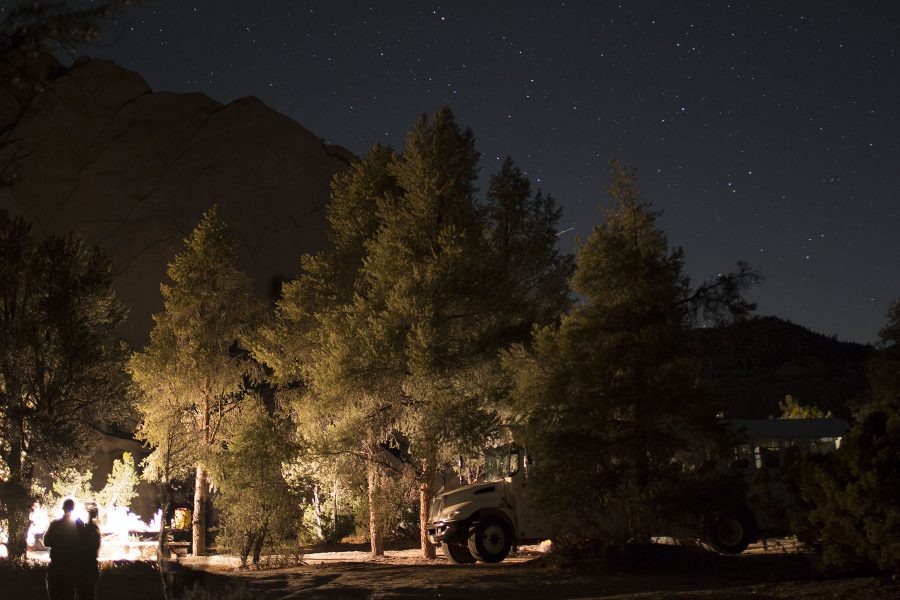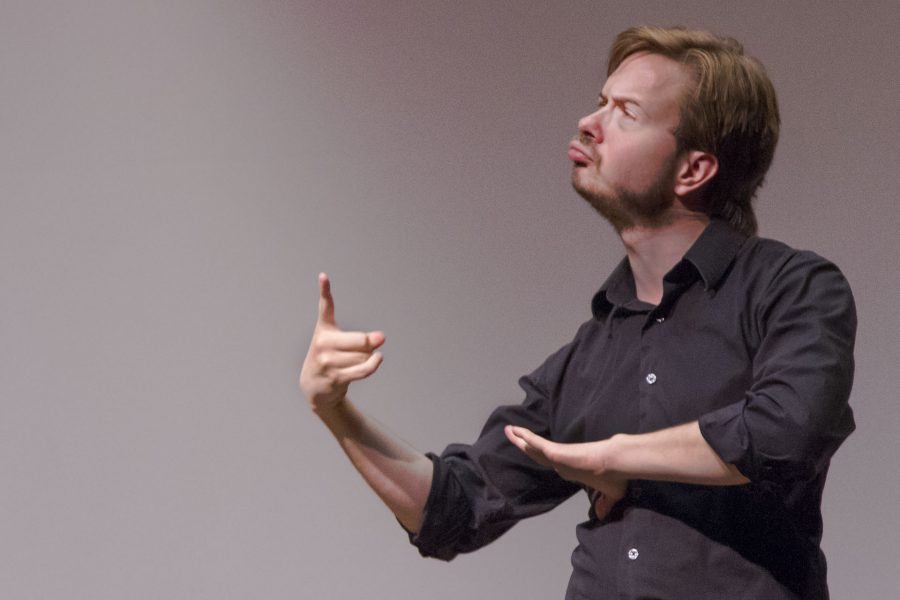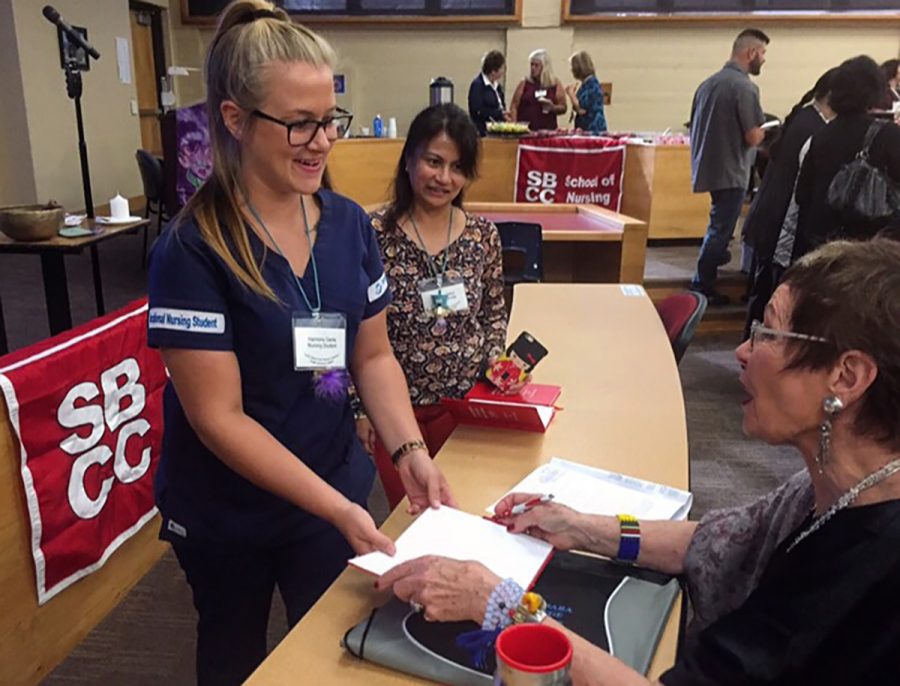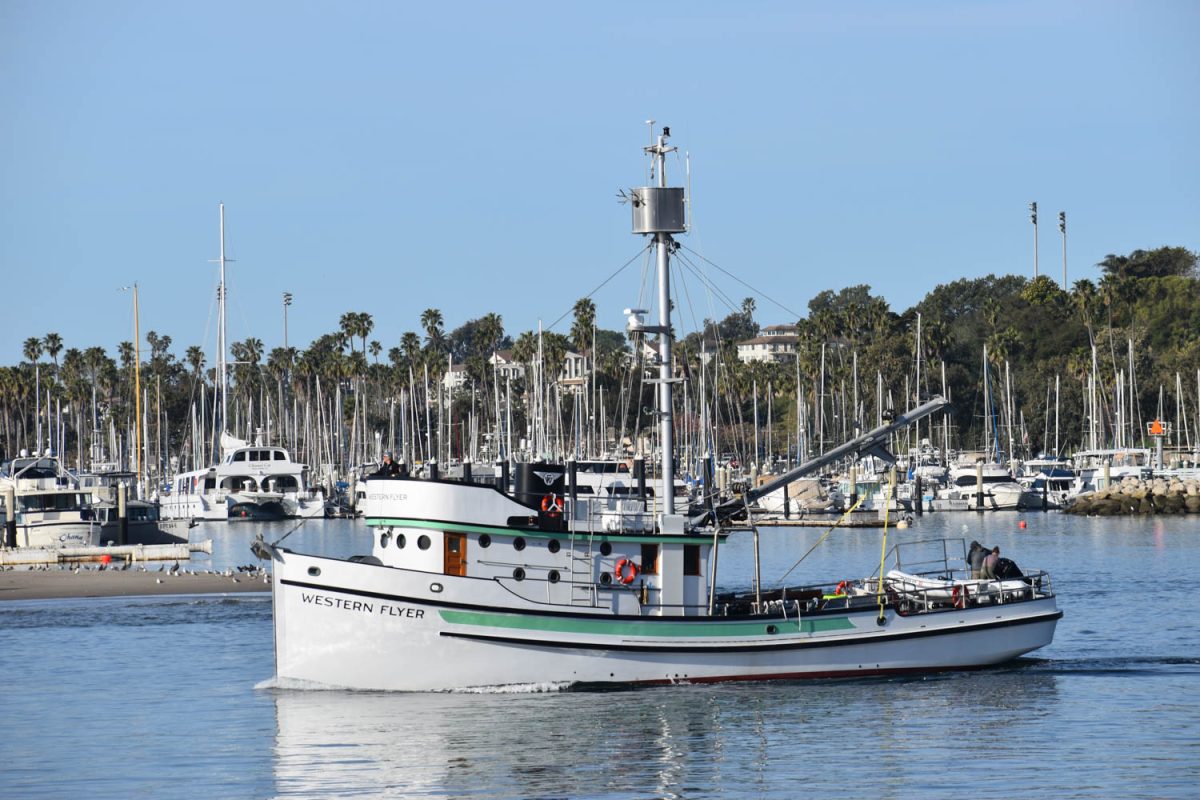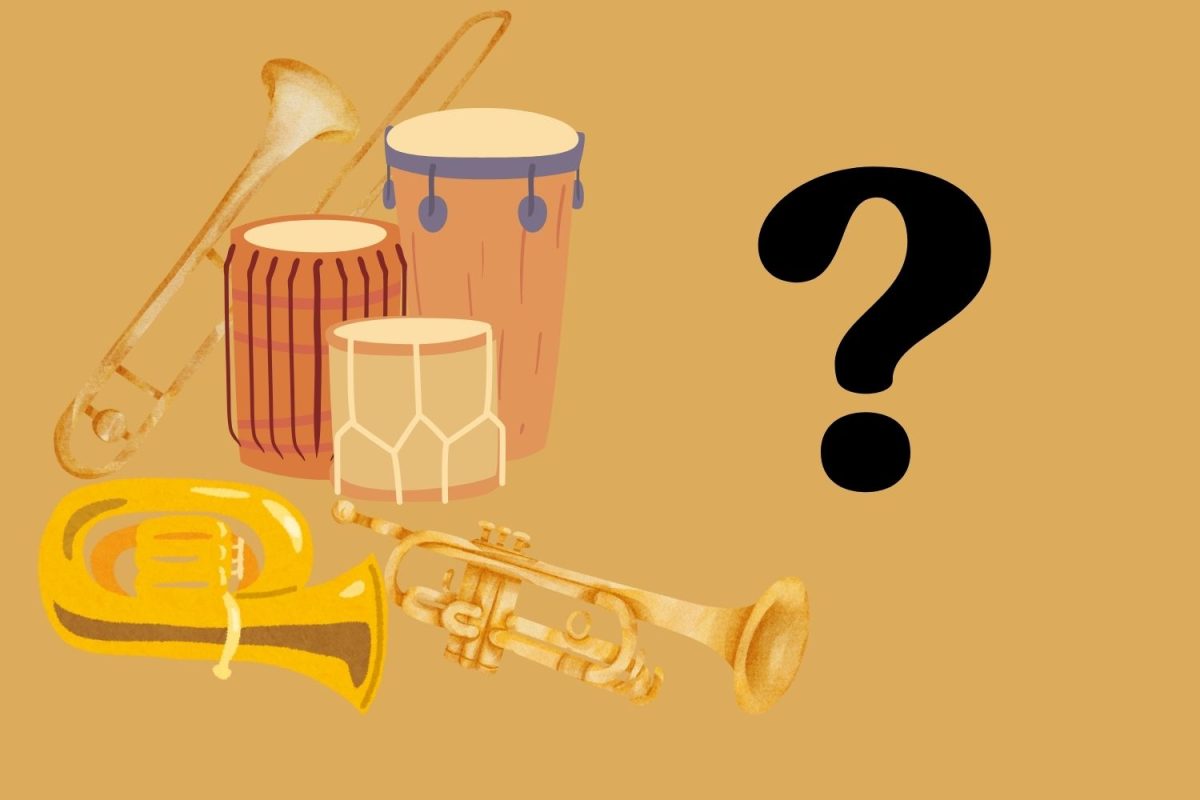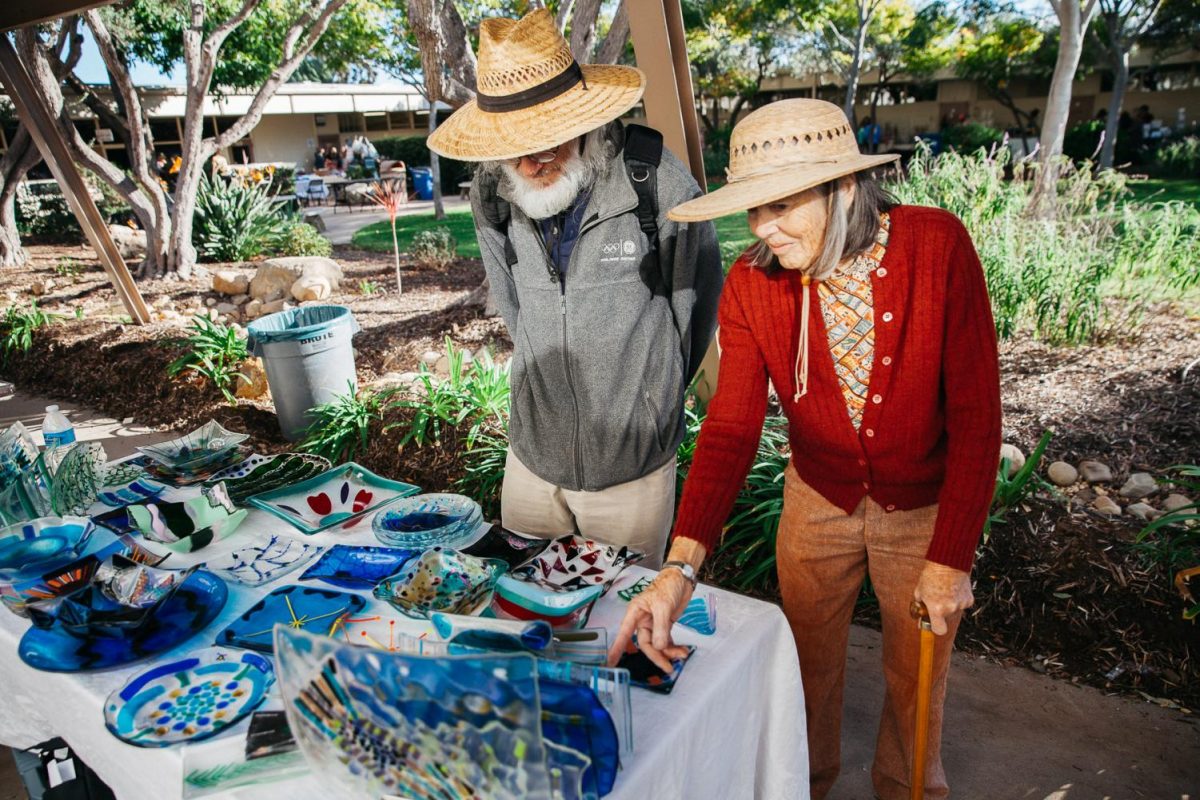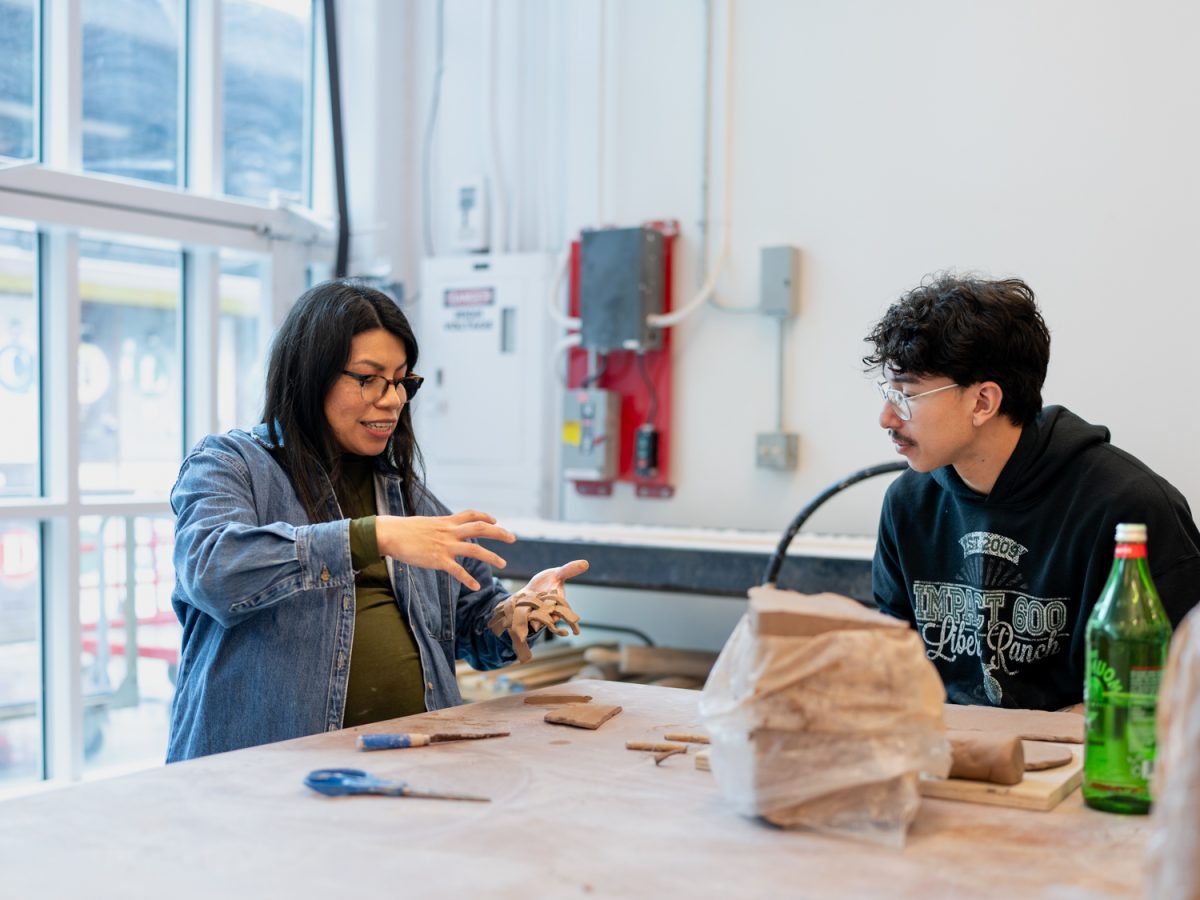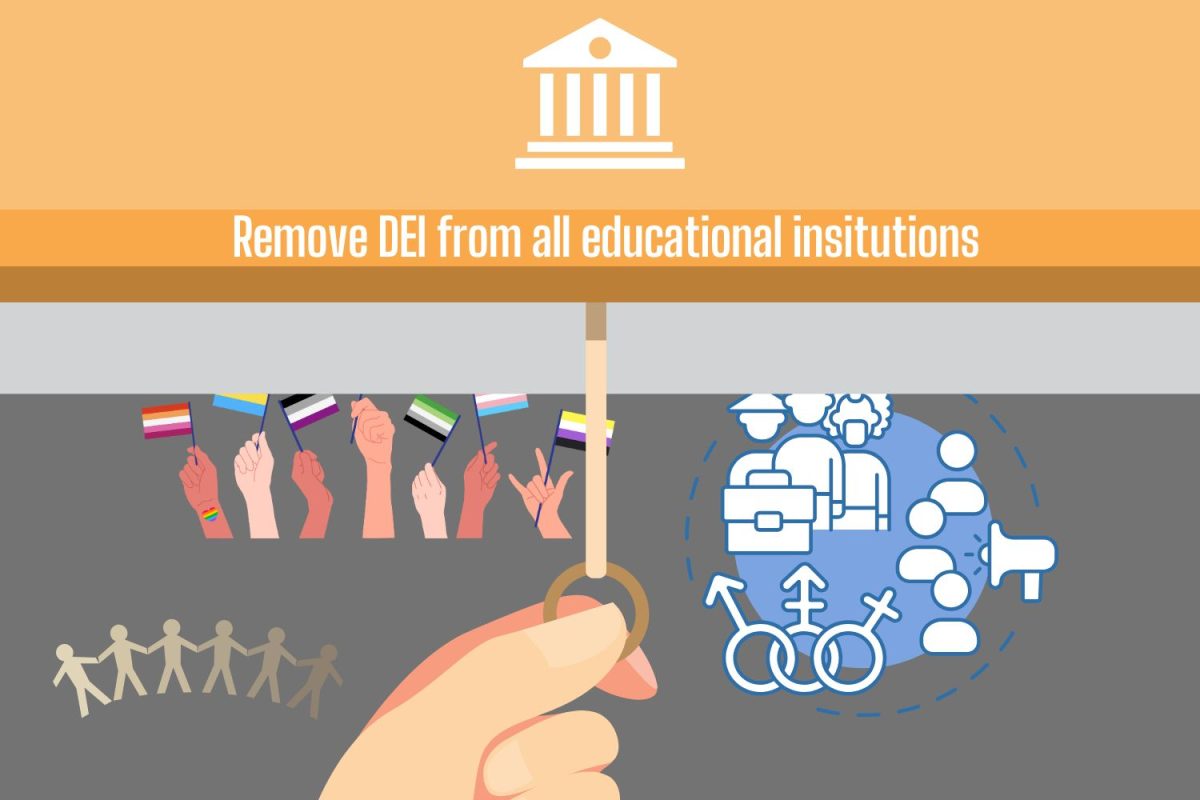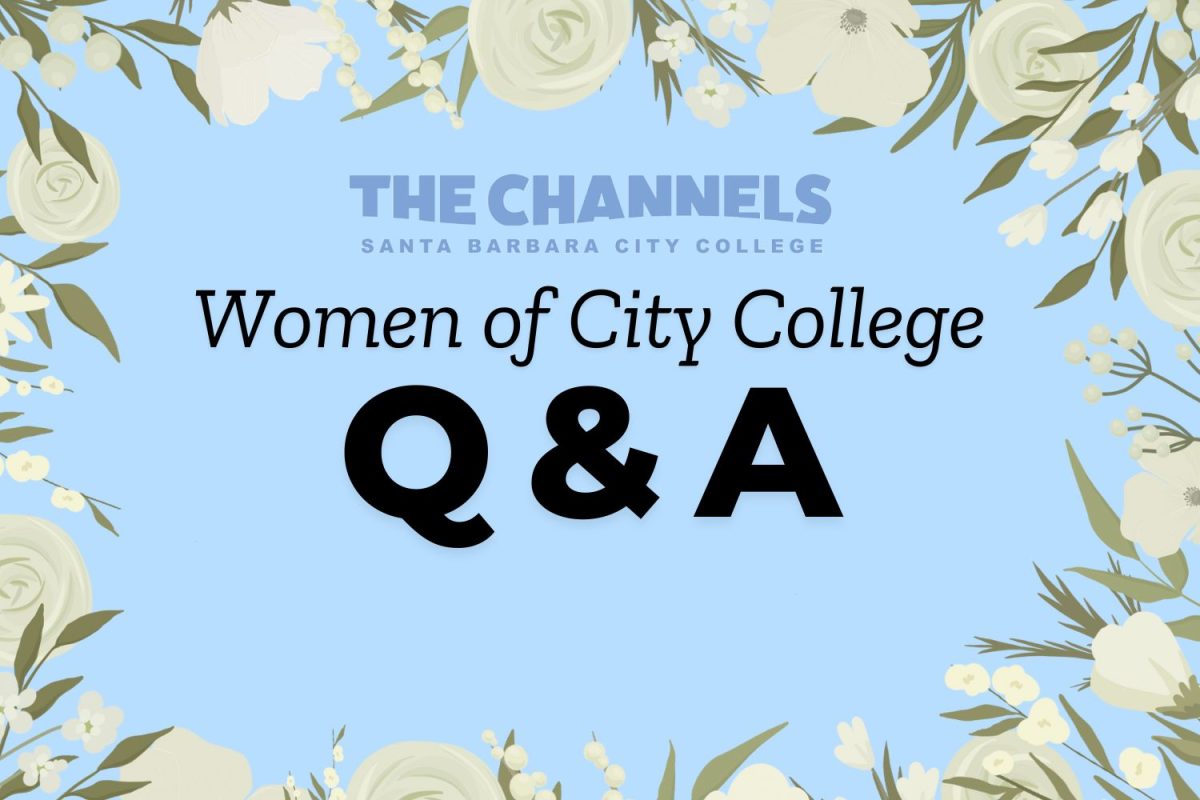The sound in the room suddenly went away. All that could be heard was the dim noise of cars idling far from the window, which seemed to become just an echo of the poet’s words.
The crowd was enchanted.
“This is based on truth,” said the poet Lynne Thompson, introducing her poems in honor of Black History Month at the Atkinson Art Gallery on Wednesday night.
“No Negroes allowed,” she whispered in the midst of the lyrics, describing the signs her parents saw while traveling in California.
Lynne Thompson is a renowned poet, Pushcart Prize nominee and author of two chapbooks, “We Arrive by Accumulation” and “Through a Window.”
Thompson’s “Beg No Pardon” won the 2007 Perugia Press First Book Award and Great Lakes College’s New Writers Award. She also received commission from Emory University and Scripps College to write poems in collaboration with a choreographer and a sculptor.
Most recently, her work was featured in the 2010 anthology, “New Poets of the American West.”
Today Thompson lives in Los Angeles where she is the director of employee & labor relations at UCLA.
The poet has read in Santa Barbara before. During past visits, she read at Granada Books, where the dynamic of her poems fascinated David Starkey, City College creative writing program director and English professor. Starkey, a poet laureate in Santa Barbara, invited her to City College.
“I liked how she spoke to the crowd and the way she introduced her poems, revealing what inspired her,” said Marina Coronado, 20, a psychology student who attended the reading.
The American Ethnic Studies Department and the Ethnic Studies Club hosted the event in honor of Black History Month.
Carter G. Woodson and other prominent African Americans gave birth to “Negro History Week” in February 1926, choosing the second week of February in honor of Abraham Lincoln and Frederick Douglass’ birthdays.
In 1976 President Gerald R. Ford officially recognized February as Black History Month, and since then, every U.S. President has observed the annual celebration.
“To seize the opportunity to honor the too-often neglected accomplishments of black Americans in every area of endeavor throughout our history,” Ford said in 1976.
The Chair of the American Ethnic Studies Program Craig Cook also added that black history and its culture were initially used as a defense in the struggle for racial uplift.
“Black History Month presents an opportunity for a beacon of transformation and optimism that is still certainly needed in today’s times,” Cook said. “The shackles of bondage are gone, but we are all not yet free.”
Even though Black History Month is celebrated internationally, other countries such as England celebrate in October Starkey mentioned.
“Many people are not aware of the event, and there are even oppositions against it,” he said.
For example the actor and film director Morgan Freeman finds the idea of Black History Month ridiculous, according to an interview of 2005.
“I don’t want a Black History Month,” Freeman said during the interview. “Black history is American history.”
Cook argued that the wide diversity of the United States needs the cohesive African American history to connect the country together and to see how far we have gone as a nation.
“Black History Month should endure to build up communities year around, not just during February.” Cook said. “Hopefully our events will do just that.”
So the poet Thompson brought to life African American’s history once again, in a silent room on a Wednesday night, and as her voice waned over her poems, the lights in the gallery seemed to fade in sync with it.
“In 1968 my parents were still Negroes…but they never will be again,” she read.
In honor and celebration of Black History Month and for the 50th Anniversary of Cassius Clay, the world heavyweight boxing championship, the American Ethic Studies Department and the Ethnic Studies Club welcome all students to participate to the view of “When We Were Kings” from 3:45 to 5:15 p.m. on Tuesday, Feb. 25, in the Physical Science Building Room 101.


